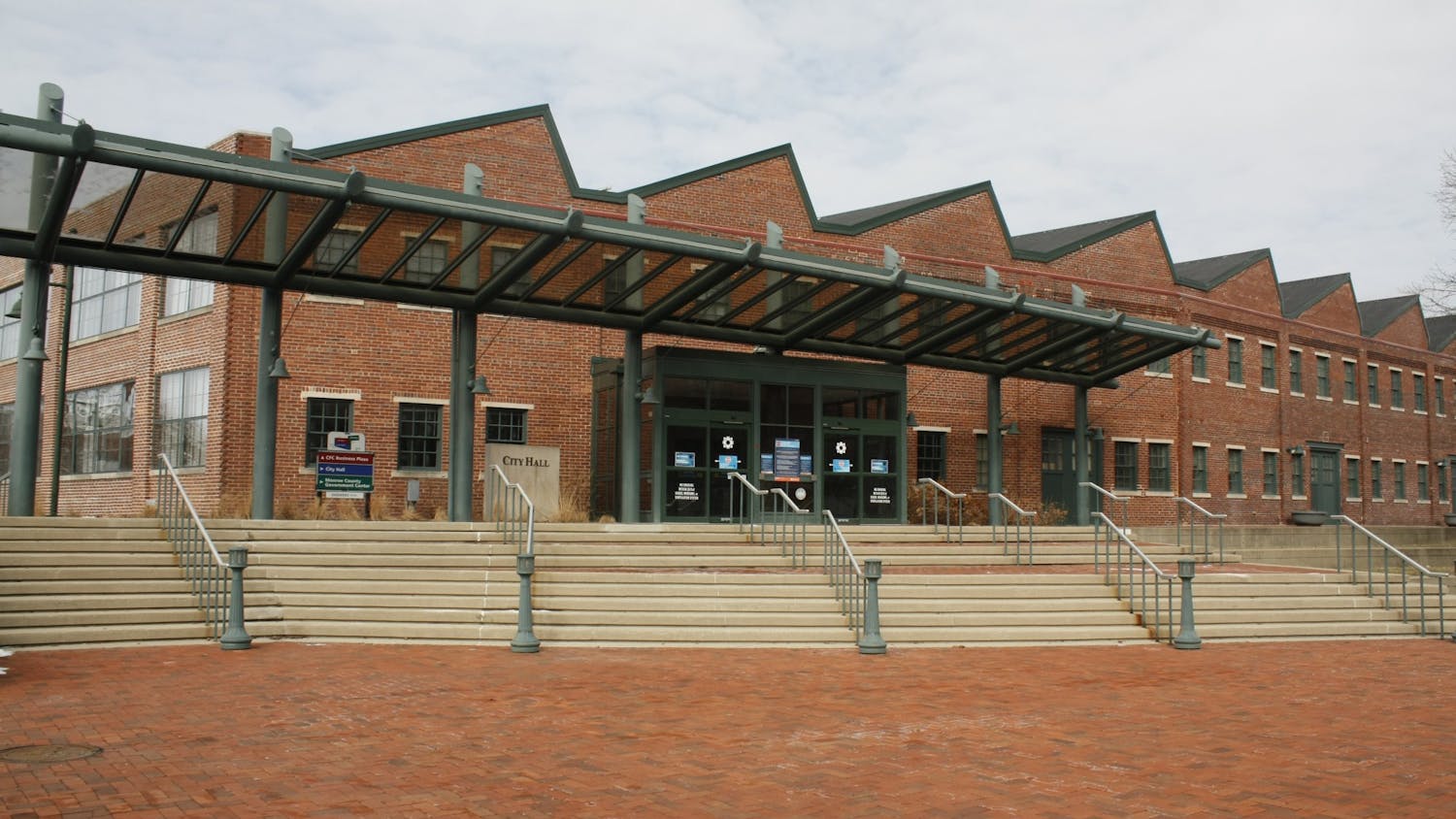Niamatullah Ibrahimi, a doctoral candidate at the Coral Bell School of Asia Pacific Affairs of the Australian National University, gave a talk in the new School of Global and International Studies building about peaceful activism groups in post-Taliban Afghanistan.
Ibrahimi is currently studying four groups: Afghanistan 1400, Society for Reform and Social Development of Afghanistan, Islamic Party of Liberation and Solidarity Party of Afghanistan.
Afghanistan 1400, formally created in 2011, is what Ibrahimi said is “liberal-secular and class-based,” and wants to attract members through citizen responsibility.
Ibrahimi said these groups are most likely not creating new and innovative ways of seeing and doing things.
“Social movements and social movement organizations are in a form of collective action, and central to any collective action is also an idea ... and framing that bring people together,” Ibrahimi said. “And that kind of consensus that this is an issue central to how movements are formed anywhere.”
Society for Reform and Social Development of Afghanistan, formally founded in 2004, took inspiration from the Muslim Brotherhood, Ibrahimi said.
This society considers itself as “competent and pious people,” partially because a portion of the members are university-educated.
Its focus is on Islamic solidarity.
The Solidarity Party of Afghanistan, which Ibrahimi said is a “left-leaning and nationalist secular” group, focuses on democratic issues.
“The interesting thing about (it) is it doesn’t function as a legal political party,” Ibrahimi said. “It doesn’t participate in elections, but it uses that formal religious relation to engage in activism in contentious politics. They do not participate in elections.”
Islamic Party of Liberation focuses on transnational Islam, and Ibrahimi said its image framing is “pure and global.”
Ibrahimi also talked about the demographics of each group. Afghanistan 1400 has “particularly young” members, while Society for Reform and Social Development of Afghanistan has leaders who “tend to be late 40s, early 50s,” but it is trying to bring in young people.
Additionally, Ibrahimi said, there are women participating in some of these groups in special sections and as chairpeople and spokespeople.
Ibrahimi said his desire to study this topic came from it being understudied.
“I come from Afghanistan and I have been following politics, asset-building strategy and insurgency and I thought that there is something in between that high politics and also war and insurgency which is not covered,” Ibrahimi said. “And I thought I should try to understand it and explore it and contribute to the literature by exploring this understudied area.”
Sean Hall, a sophomore majoring in international studies and minoring in Afghan studies and philosophy, was unaware of the scale of some of these groups.
“I don’t really have much of a background with Afghanistan right now, I’m just learning about it, but I didn’t even know that they had groups like these going in,” Hall said. “I didn’t think that activism would be so possible on such a large scale.”
As of now, Ibrahimi’s research is ongoing, and his findings are not all concrete.





